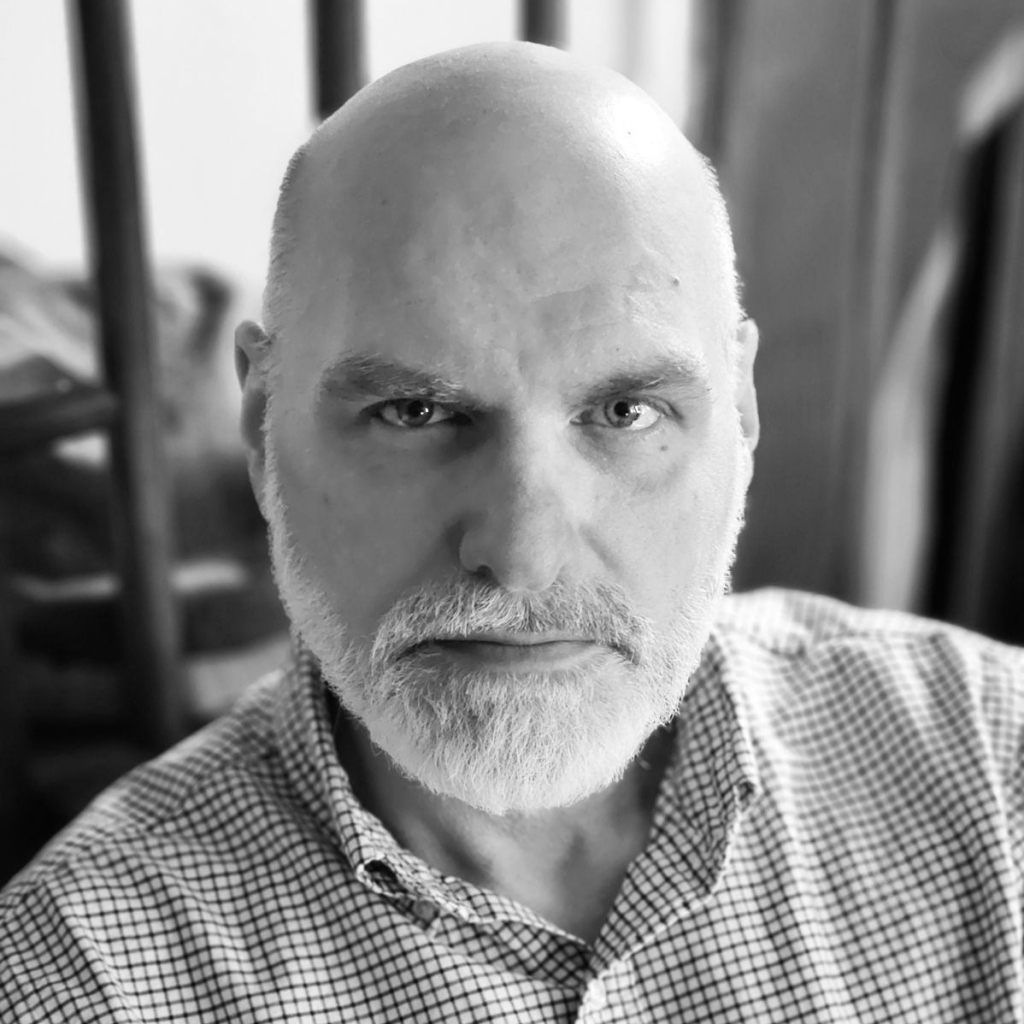In a previous post, I talked about classic literature, and how I experience mild pangs of regret over not appreciating the great works that were assigned to me back in high school. Since then, I gathered something of a classics starter collection and spent the month of January working my way through some of it.

At this writing, I have completed Moby-Dick; Beowulf; The Old Man and the Sea; Hamlet; Billy Budd, Sailor; and The Rime of the Ancient Mariner. I have also been dipping in and out of Thoreau’s Walden, an anthology of Poe’s short stories, and Robert Frost’s poetry.
That’s a lot of reading, but it barely scratches the surface of what I hope to experience. Having enjoyed almost everything mentioned in the previous paragraph (I’m looking disappointingly at you, Beowulf), I have resolved to continue exploring classic books — to make a hobby of reading them.
When faced with the mountain of classic books in existence, one inevitably realizes that putting even a tiny dent in such a pile is a supremely ambitious undertaking. It is easy to get discouraged and abandon the task as unattainable. For much of my life I would have done exactly that. However, the older, slightly wiser me knows that the way to attack any mammoth project is by persistent nibbles.
I resolved to read at least a little bit of some classic work every day. Some days, if feeling ambitious, that might mean taking on the entirety of one of Shakespeare’s plays or a novella in an afternoon. Other days, it might be only several pages of a novel or a short poem. By huge chunks or tiny bits, I will consume part of some esteemed work daily. Hence, my newly minted mission statement: Classics Every Day.
That, of course, begs the question: What is a “classic?” That is a hotly debated, and politically charged question, and one that I am not qualified to weigh in on. I am not here to litigate the composition or the validity of the “Western Canon.” But my project does require a working definition of classics for the sake of parameters, so I have settled on a simple (arguably simple-minded) approach: If a work is labeled as a classic by a publisher (e.g., a title published by Penguin Classics, Signet Classics, Library of America, Oxford World’s Classics, etc.), it counts. If it is found in the “Classics” section of bookstores or libraries, it also counts. If it is by an author who was presented to me as being Important back when I was in school, I’ll count it. This is a case where I am happy to accept the conventional wisdom at face value. After all, the very concept of the “classic” label rests on accepting the validity of expert opinion and being willing to follow its prescriptions — or to at least meet them half-way.
In terms of the types of books included, I am going broad. Novels, short stories, poetry, philosophy, essays, plays, biographies, and histories are all on the menu. (That said, I’ll probably go light on the history, since that is one area in which I have read pretty consistently throughout my adult life.) Works from any period and in any genre are fair game. Part of what I want to accomplish with this is to broaden my horizons, to the extent that the horizons of a fifty-something stick-in-the-mud might possibly be pried open a skosh wider.
Beyond that potential horizon-broadening, my goals for this are hazy and open-ended. I suppose that I want to try it for a while and assess the personal impact. Classics are supposed to be life-changing, or at least some of them are purported to be. Will I be transformed by the experience? I may be, but if that doesn’t happen, I won’t consider the experiment a failure. If at the end of the day, I am simply entertained by all this reading, that would still be time well spent.
There is no definite time frame for this project. If it becomes a chore, I might pull the plug after a couple months. I’m also open to the possibility that it might become a habit, continued for the rest of my life. We’ll see. In the meantime, as the popular cliché goes, it will be about the journey and not the destination.
To chronicle said journey, I have set up a companion Instagram account. That platform exists mainly to highlight what I am reading at any given point, and to offer short commentary/observations. I also plan to post some in-depth reactions and critiques here on this blog, including my take on the recently completed Moby-Dick — as soon as I sort out my many, many thoughts on that complicated piece of genius.
In the meantime, I will continue chipping away at those classics, one word at a time, every day.

Leave a comment